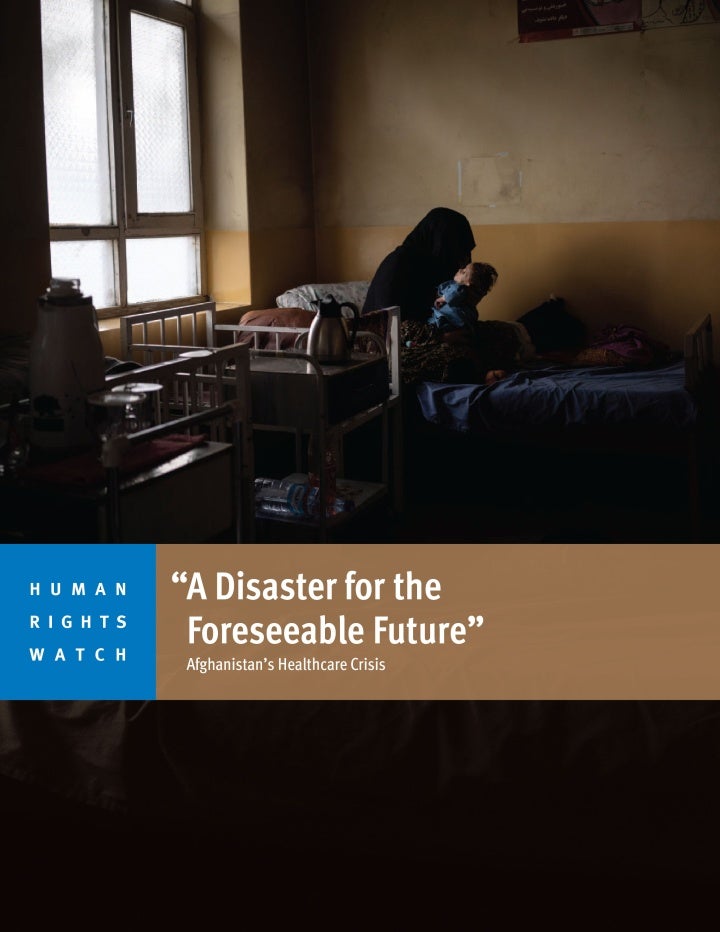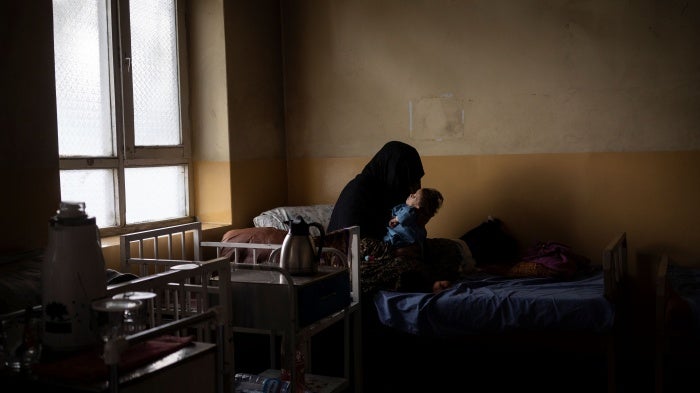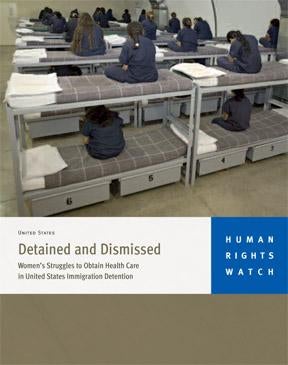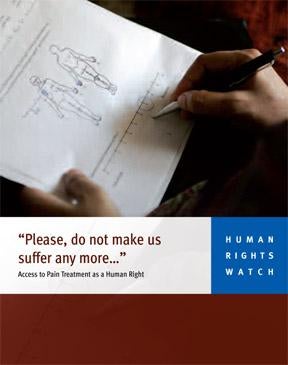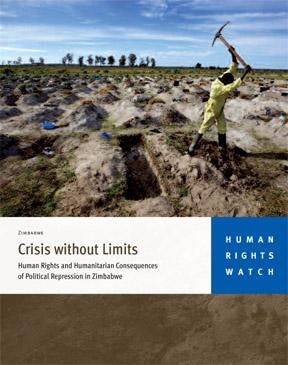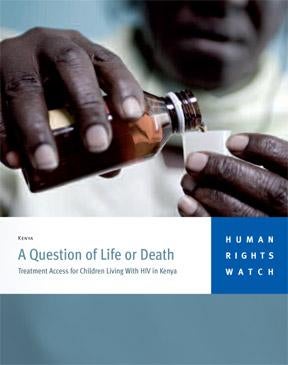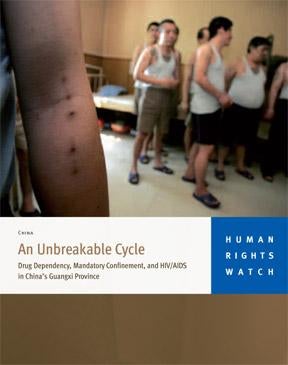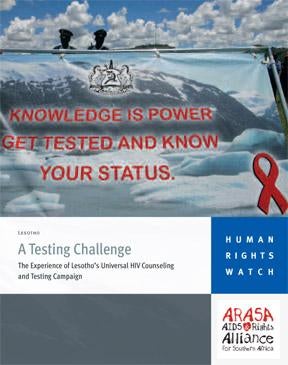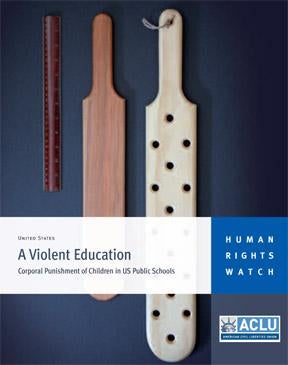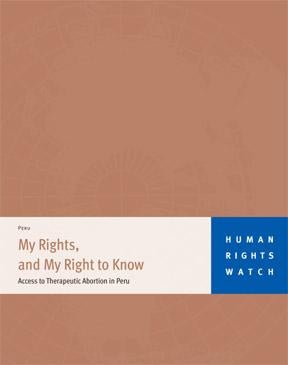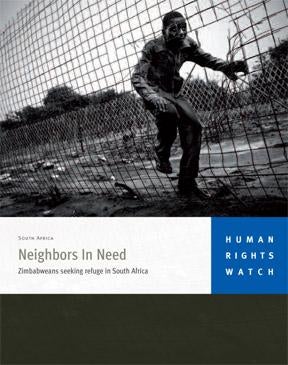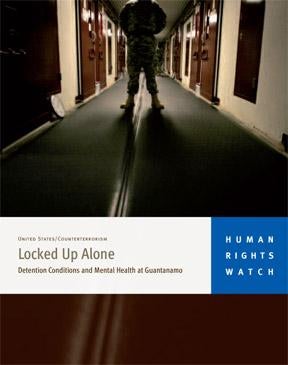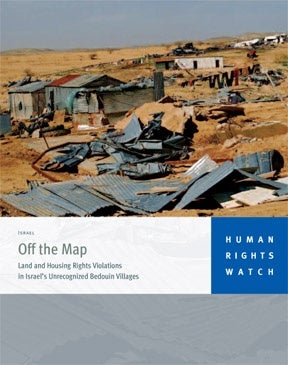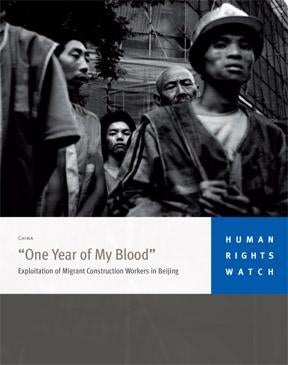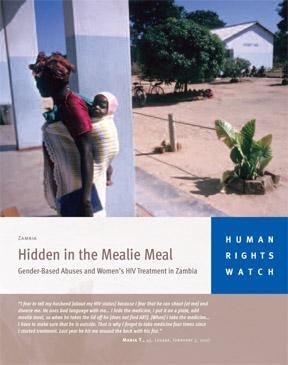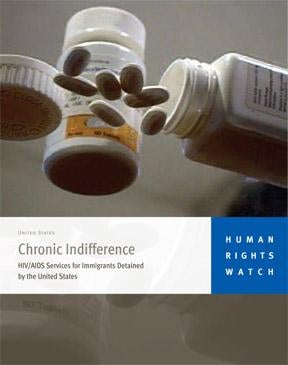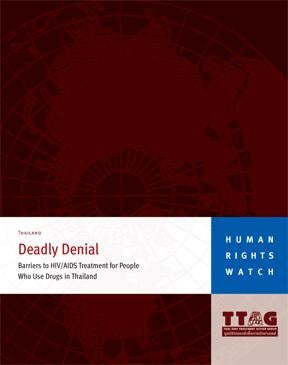“A Disaster for the Foreseeable Future”
Afghanistan’s Healthcare Crisis
The 38-page report, “‘A Disaster for the Foreseeable Future’: Afghanistan’s Healthcare Crisis,” describes how the collapse of Afghanistan’s economy after the Taliban takeover in August 2021 inflicted severe harm on the country’s healthcare infrastructure. Donors’ decisions to reduce humanitarian aid have further weakened health care access, destabilized the economy, and worsened food insecurity. The Taliban’s abusive policies and practices have greatly exacerbated the crisis. Bans on education for women and girls have blocked most training for future female healthcare workers, ensuring shortages for the foreseeable future.
